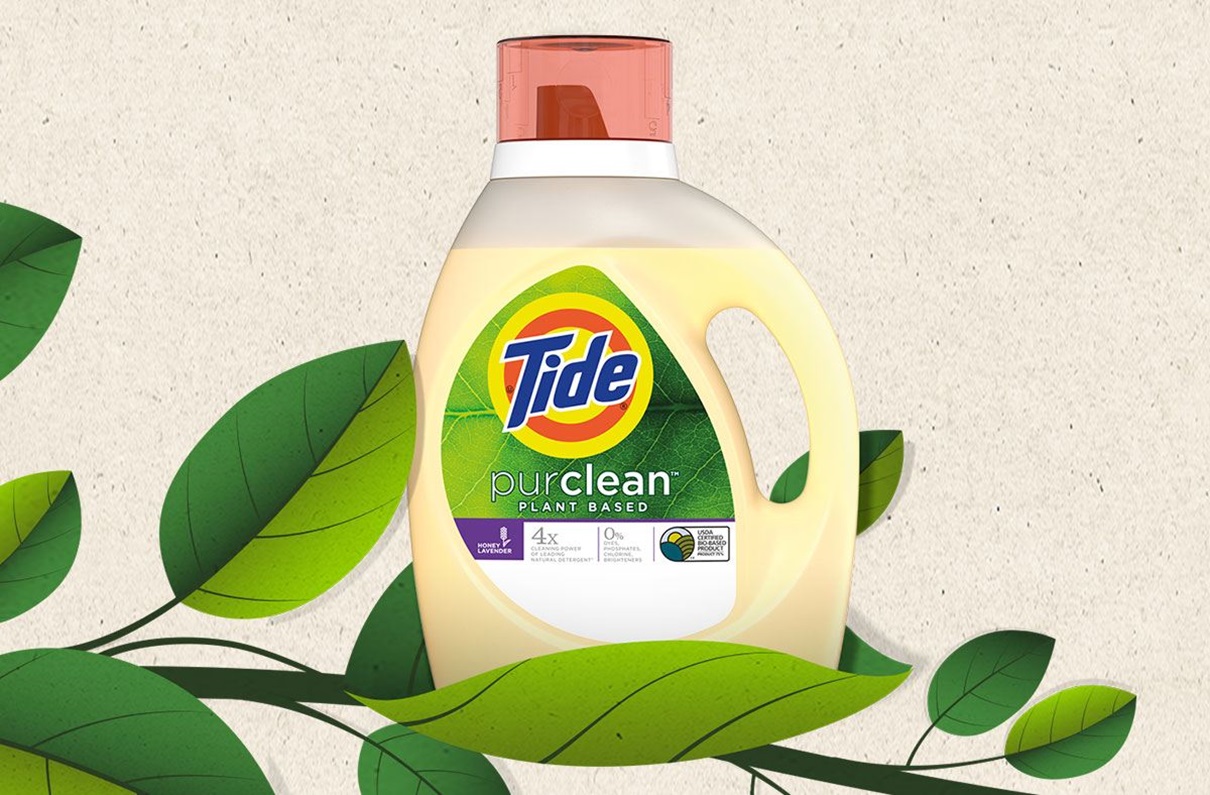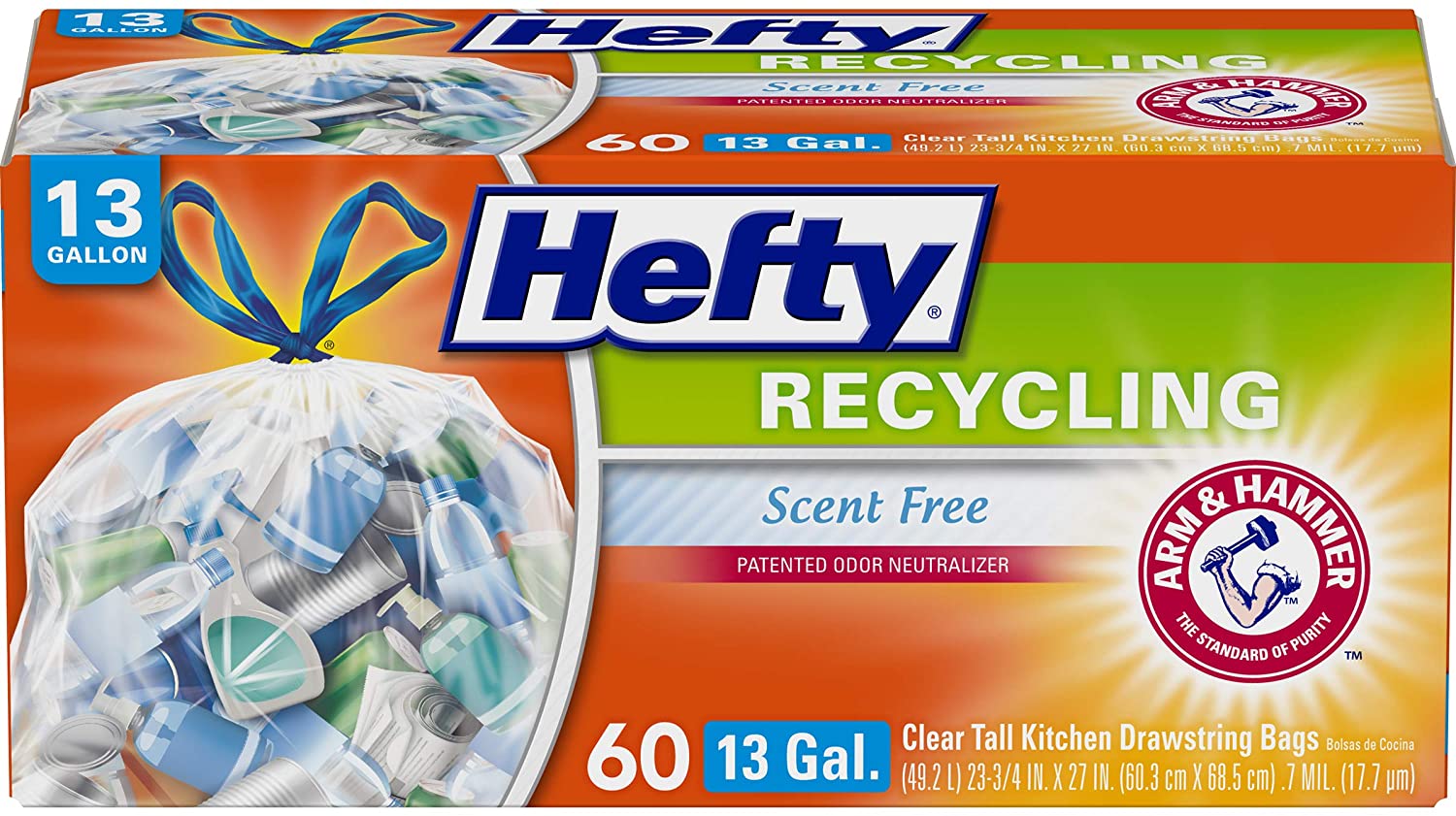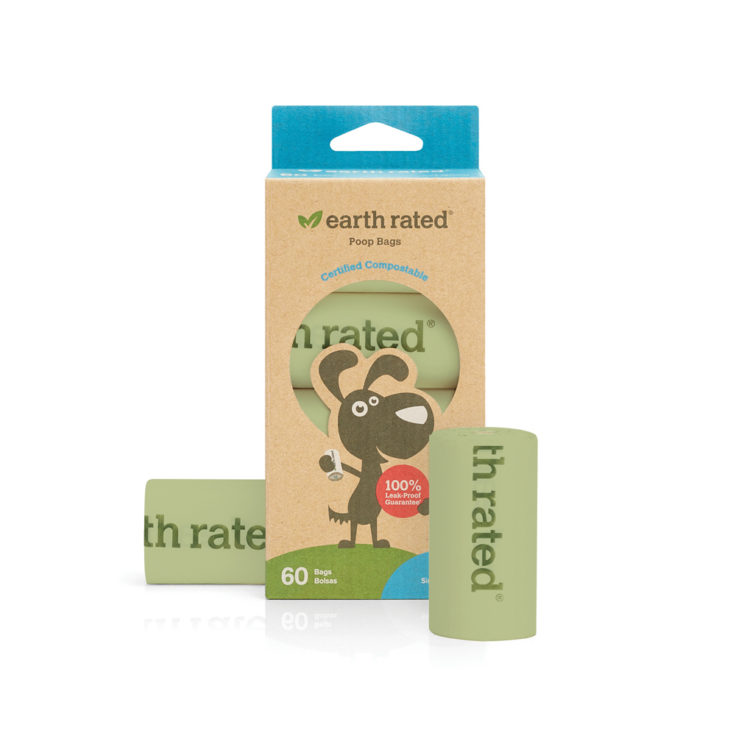
Companies Accused of Greenwashing
When companies green it, they better mean it.
A description on the back of Tide purclean laundry detergent read: “A powerful, plant-based clean you can feel good about.”
But how would you feel if the laundry detergent was only 75 percent plant-based and the remaining 25 percent consisted of non-plant-based ingredients, including some derived from petroleum?
You might feel a little misled.
Last month, the National Advertising Division (NAD) recommended and Tide agreed to modify its plant-based claims to avoid conveying the unsupported message that the laundry detergent is 100 percent plant-based or that the “powerful cleaning power” is derived solely from plant-based ingredients.
Of note, Tide does not readily identify the petroleum-based ingredients in its purclean laundry detergent on its U.S. site but the company’s Canadian website (ending in .ca) offers a helpful chart that puts ingredients “in simpler terms.” This includes three ingredients that the Canadian site classifies as petroleum-based.
A week after NAD posted its decision, a class-action lawsuit was filed against Tide’s parent company Procter & Gamble over its plant-based claims for the purclean laundry detergent.
Find more of our coverage on greenwashing here.
Our Ad Alerts are not just about false and deceptive marketing issues, but may also be about ads that, although not necessarily deceptive, should be viewed with caution. Ad Alerts can also be about single issues and may not include a comprehensive list of all marketing issues relating to the brand discussed.
When companies green it, they better mean it.
Class-action lawsuit alleges product’s recyclable claims are trash.
Company steps in it with regard to ‘compostable’ claims for its dog poop bags.


